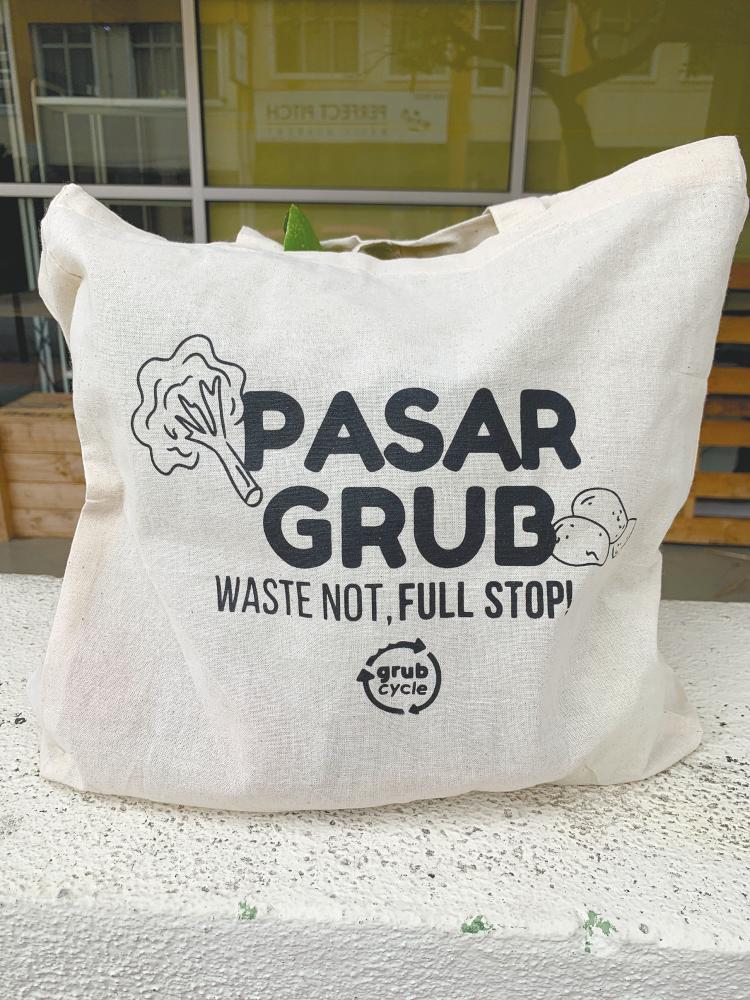PETALING JAYA: The supply chain disruption arising from the movement control order (MCO) has resulted in chaos for a lot of businesses struggling to find their footing, but Grubcycle has found the adage of “when one door closes, another opens” to ring true.
The social enterprise startup found its Pasar Grub business to no longer be viable due to the movement restrictions.
Pasar Grub was focused on selling excess produce at discounted prices to the B40 income group every Saturday, but founder Redza Shahid said that, due to circumstances, the business has been digitalised.
“Since we are no longer allowed to open a booth in public spaces and most of our beneficiaries are getting support from NGOs, we decided to bundle the produce as Sayurbag to mass consumers via our mobile app,” he told SunBiz.
However, the shift to a digital platform means the company is unable to sell to the B40 group. Additionally, those that it employs to sell the produce could not earn income.
Redza pointed out the company could save more produce from going to waste if it could get around to collect more produce from other farmers and suppliers.
“The biggest challenge for us now is the cost of getting vegetables from our suppliers. Usually we collect it ourselves but, because of the MCO, we have to rent a lorry, which is quite a costly affair for a small business like us,” he said.
At the moment, Redza said, the company tries to save costs by making deliveries itself for customers within Petaling Jaya, while for deliveries out of the area, it has partnered with Dego Ride. However, to further save on the cost of delivery, it has applied to the International Trade and Industry Ministry for permission to venture out further.
Furthermore, given the high demand for vegetables and their perishable nature, Grubcycle has to collect the produce every two days. In one month of restricted movement, Grubcycle estimated that it saved 1,100kg of produce from the landfill, a significant jump from the 600-700kg average prior to the MCO.
Grubcycle’s other area of operations, which is the sale of surplus food by restaurant partners, has also been affected by the MCO.
Prior to the MCO, Redza said, the app had between 20 and 30 restaurants that would actively post deals twice a week, but the number has since been reduced to three food & beverage partners.
“Even though there has been a significant drop in sales due to the circumstances, as a social enterprise, we are happy to see that our app is still able to help businesses to cut down on wastage in their restaurants,” he said.
Redza estimated that Grubcycle’s revenue from the surplus food of its restaurant partners has almost halved, but it is offset by an uptick of about 70% in its Pasar Grub business.
With regard to the government’s stimulus package for SMEs, Redza said he is still trying to figure out what would be applicable to the social enterprise. “Probably, the wage subsidy programme for our employees but other than that there’s not much for us as a tech business,” he added.









